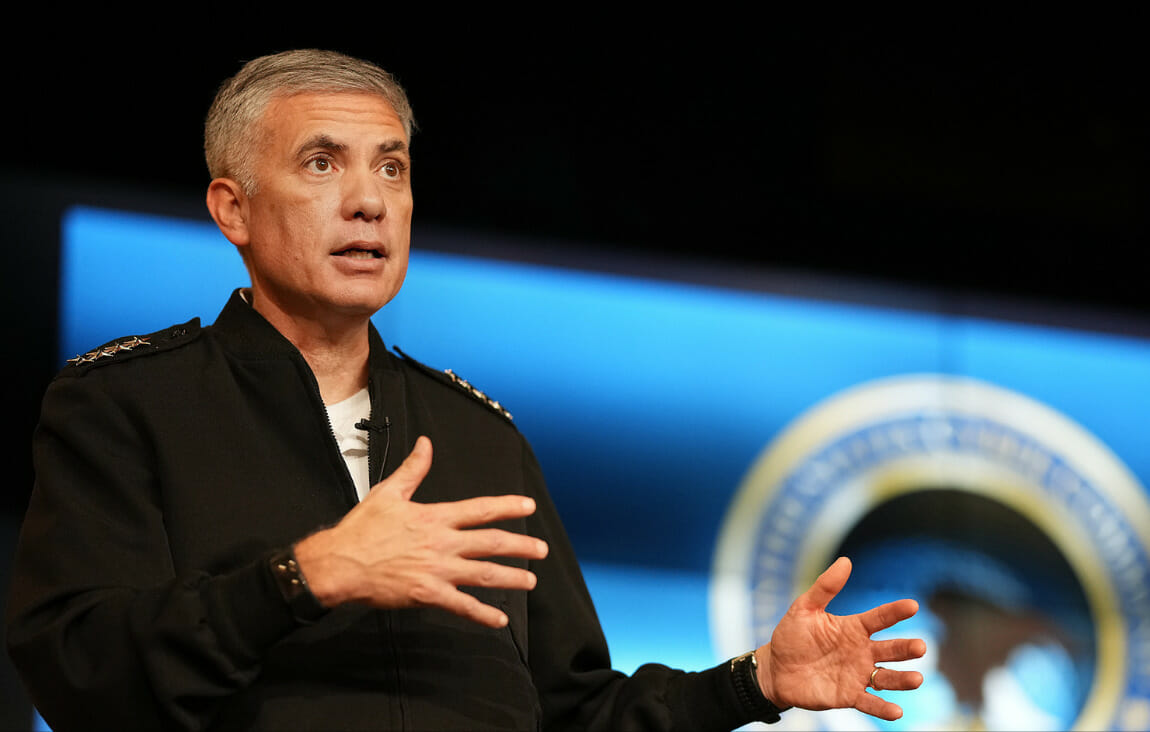
/cdn.vox-cdn.com/uploads/chorus_asset/file/25490736/240129_D_IM742_1116.JPG)

Retired Gen. Paul Nakasone, former head of the National Security Agency (NSA), has been appointed to the board of directors of OpenAI, a leading artificial intelligence research lab. Nakasone, who directed the NSA from 2018 until February 2024, brings extensive experience in cybersecurity and national defense to OpenAI. His appointment is aimed at enhancing OpenAI's protection against cyber threats from malicious actors. Nakasone will also join OpenAI's Safety and Security Committee, contributing to their efforts in cybersecurity [797ae56e].
This move has sparked controversy and privacy concerns, with whistleblower Edward Snowden condemning OpenAI's decision. Snowden believes that the hiring of Nakasone reveals the true intentions of OpenAI and questions the company's trustworthiness. He warns that this decision could have serious consequences and accuses OpenAI of having dangerous motives and betraying people's rights by appointing Nakasone [de06a6c9].
In response to the criticism, OpenAI has emphasized its commitment to cybersecurity and protecting user data. The company takes pride in its cybersecurity measures and hopes that Nakasone's appointment will enhance their efforts in safeguarding against hacking groups. OpenAI has been actively working on improving its security systems and ensuring the privacy of user data. However, critics argue that OpenAI needs to do better in terms of data privacy and consent [de06a6c9].
Security expert Matthew Green believes that adding Nakasone to the board makes sense given the use of artificial intelligence in surveillance. OpenAI's generative AI systems have the potential to improve security in public places. However, concerns have been raised about OpenAI's intentions and trustworthiness, particularly regarding data privacy and compliance with law enforcement requests for user data [de06a6c9].
In addition to his role at OpenAI, Nakasone will continue his work in the field of cybersecurity. He has been appointed as the founding director of Vanderbilt University's new Institute for National Defense and Global Security. In this role, Nakasone will focus on education, innovation, collaboration, and advising, further advancing cybersecurity initiatives. He emphasized the importance of proactive measures and ongoing learning in the field, as well as the significance of Section 702, an authority that allows the intelligence community to gather information while protecting civil liberties and privacy [059d5a50].